Have you started to notice black patches or mold on the aircon trunking? These are early signs of condensation on the trunking which can eventually lead to water dripping, if not fixed.
AC trunking refers to the network of ducts, pipes, and channels that distribute cooled or heated air throughout a building. In this article, we bring to you the reasons behind condensation on AC trunking and explore potential solutions to this fix the problem.
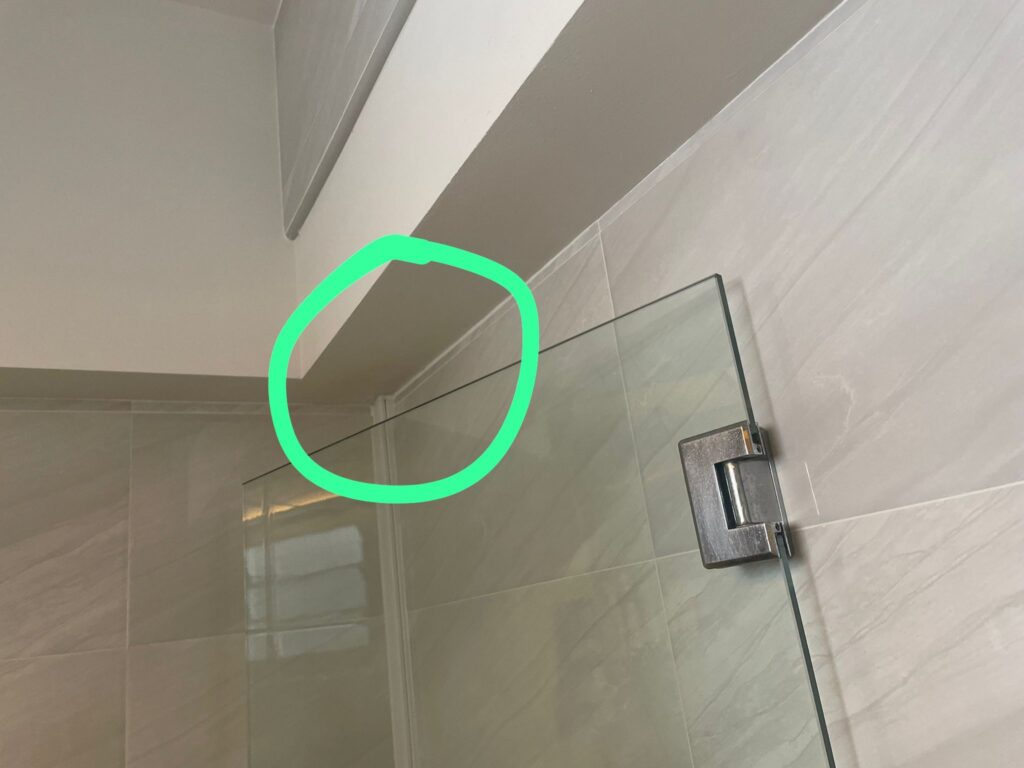
1. Poor Insulation
Insufficient or damaged insulation on AC trunking can lead to temperature imbalances, fostering condensation. Insulation acts as a barrier, preventing the transfer of heat between duct surfaces and surrounding air.
Solution: Regularly inspect AC trunking insulation, repairing or replacing damaged sections as needed. Upgrading to higher-grade insulation enhances the effectiveness of the barrier, minimizing condensation risks.
2. Air Leaks
Air leaks in the ductwork contribute to condensation by allowing warm, humid air to enter and contact cooler surfaces. Leaks can also compromise insulation efficiency.
Solution: Promptly seal any air leaks in AC ducts. Regular inspections and maintenance help identify and address leaks, preserving the system’s integrity and preventing condensation issues.
3. Improper Installation Of Trunk
If the aircon trunks are not installed correctly, water from your air conditioner might drip into the trunk, causing it to get wet and form condensation. There should not be any loose connection between the aircon unit and the trunk from water can slip through.
Solution: In most cases the solution is to re-install the trunks and ensure that the trunks correctly fit and align with the aircon units.
4. Trap Floor Blockage
A floor trap blockage can contribute to condensation on AC trunking through a combination of factors related to restricted drainage and increased humidity.
A floor trap is designed to allow the drainage of water. When the floor trap is blocked, water drainage becomes impeded. If your air conditioning unit produces condensate (water formed during the cooling process), a blocked floor trap can prevent the proper drainage of this water and hence cause water leakage.
Solution: Engage a professional aircon technician to clear the blockage in the floor trap, ensuring proper drainage.
Final Thoughts
AC trunking, comprising the network of ducts and channels, plays a vital role in the functioning of air conditioning systems. Understanding and addressing condensation issues through regular inspection, maintenance, and the use of quality insulation materials are crucial steps in ensuring the efficiency and longevity of AC systems. By implementing the suggested solutions, users can maintain a comfortable and well-regulated indoor environment, free from condensation-related challenges.


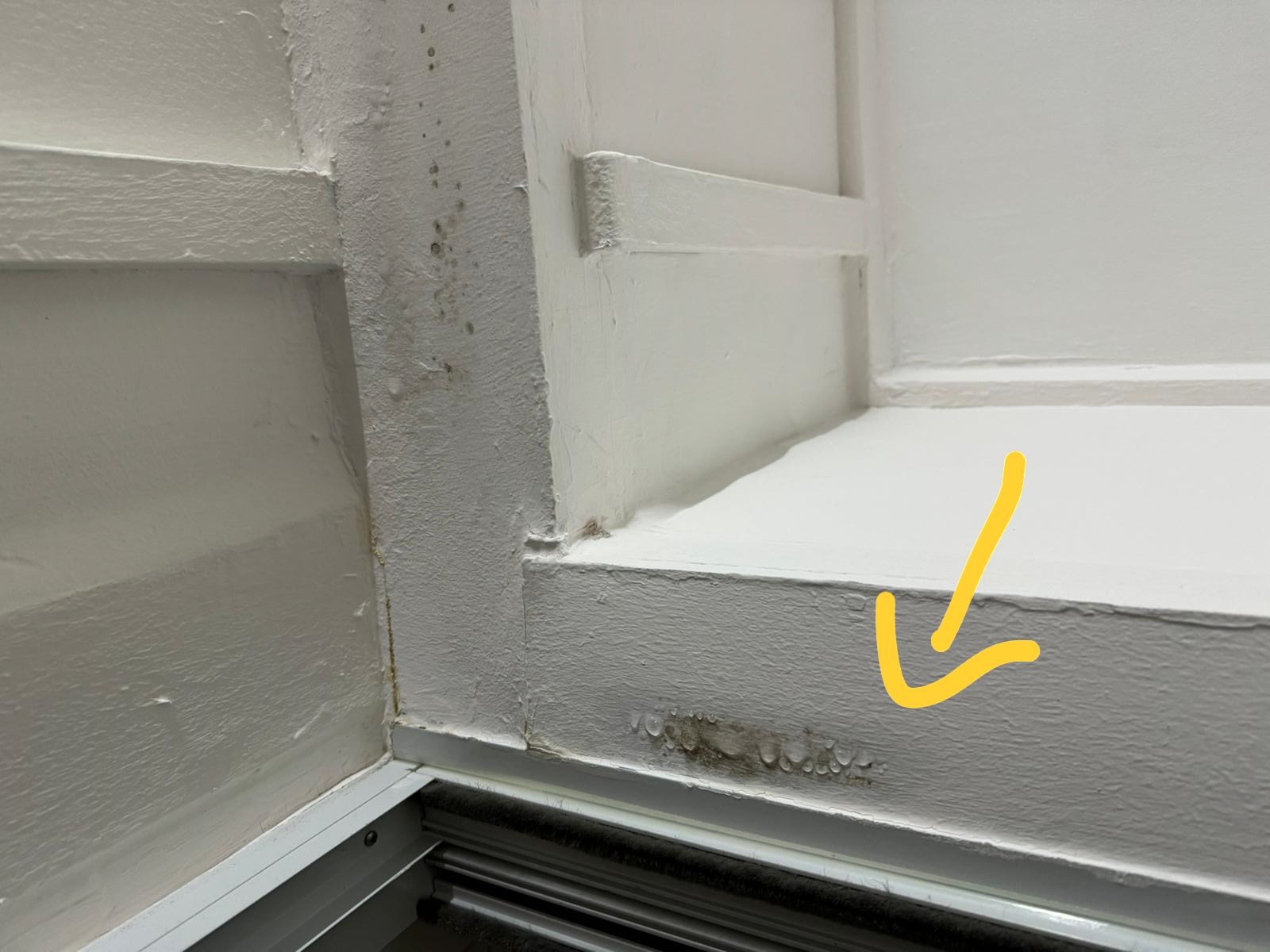
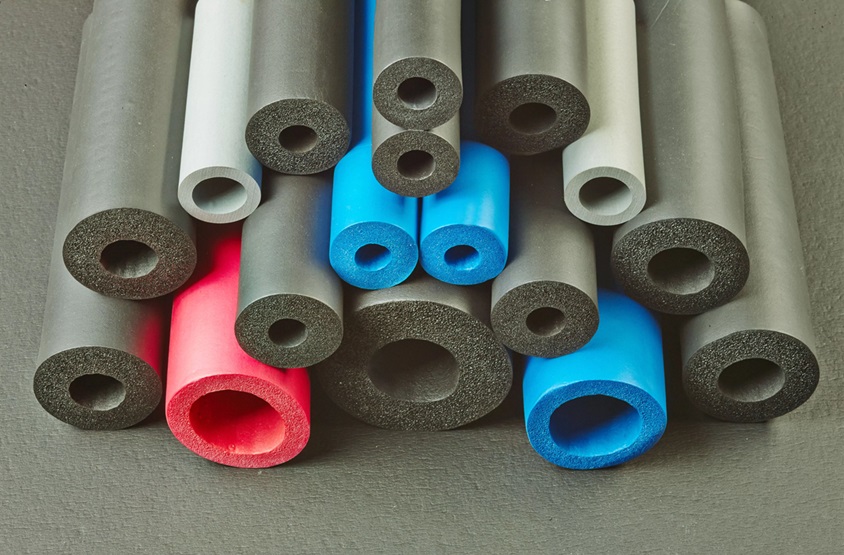
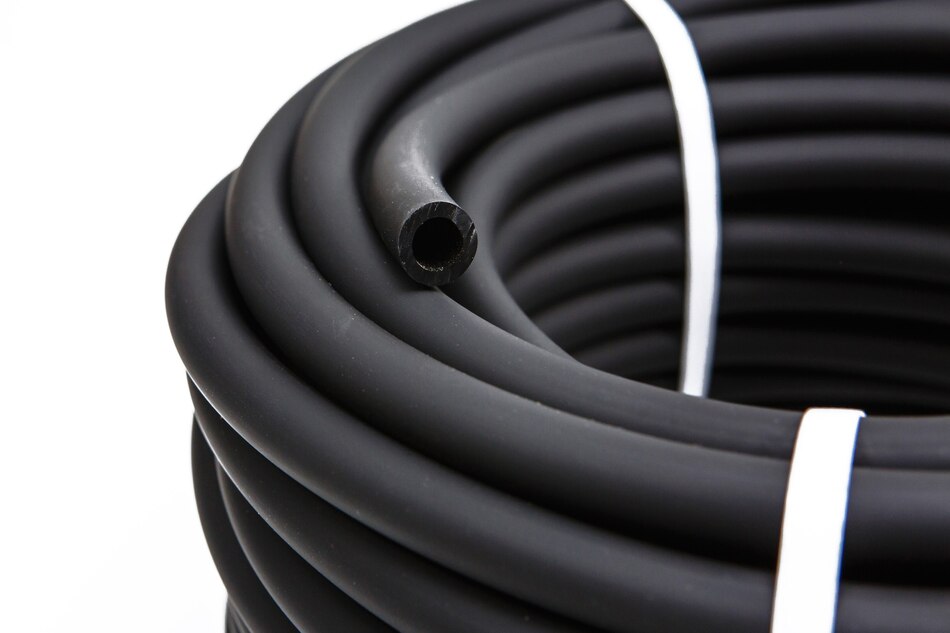
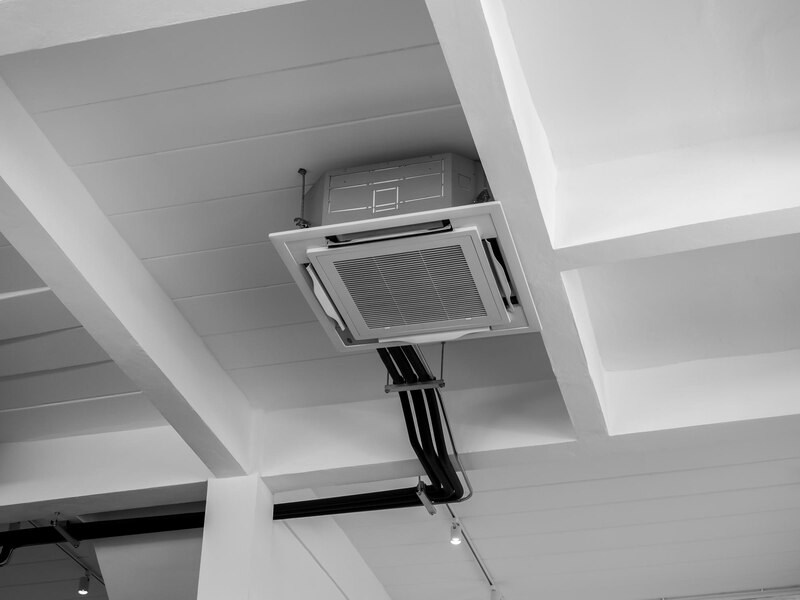
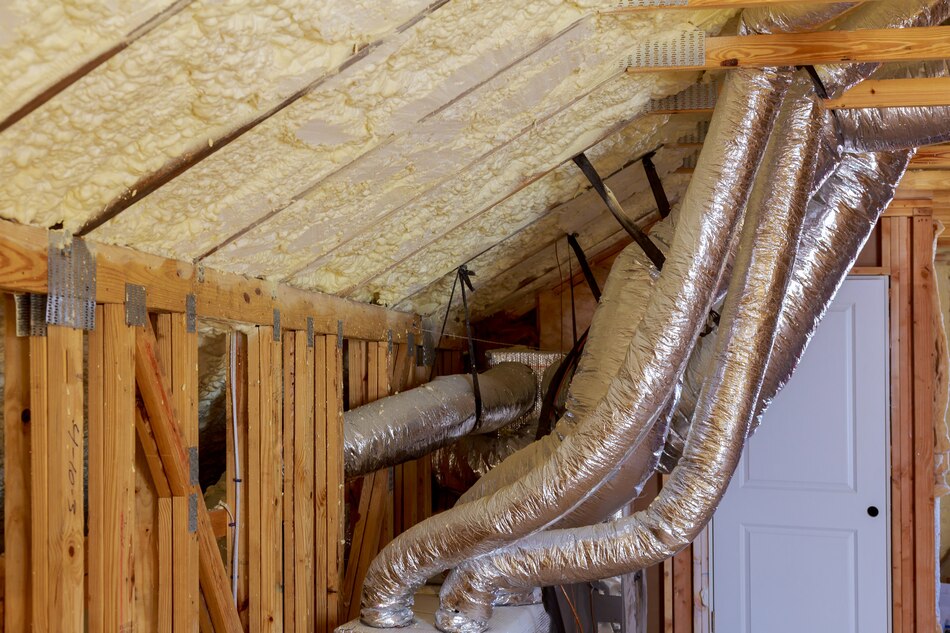
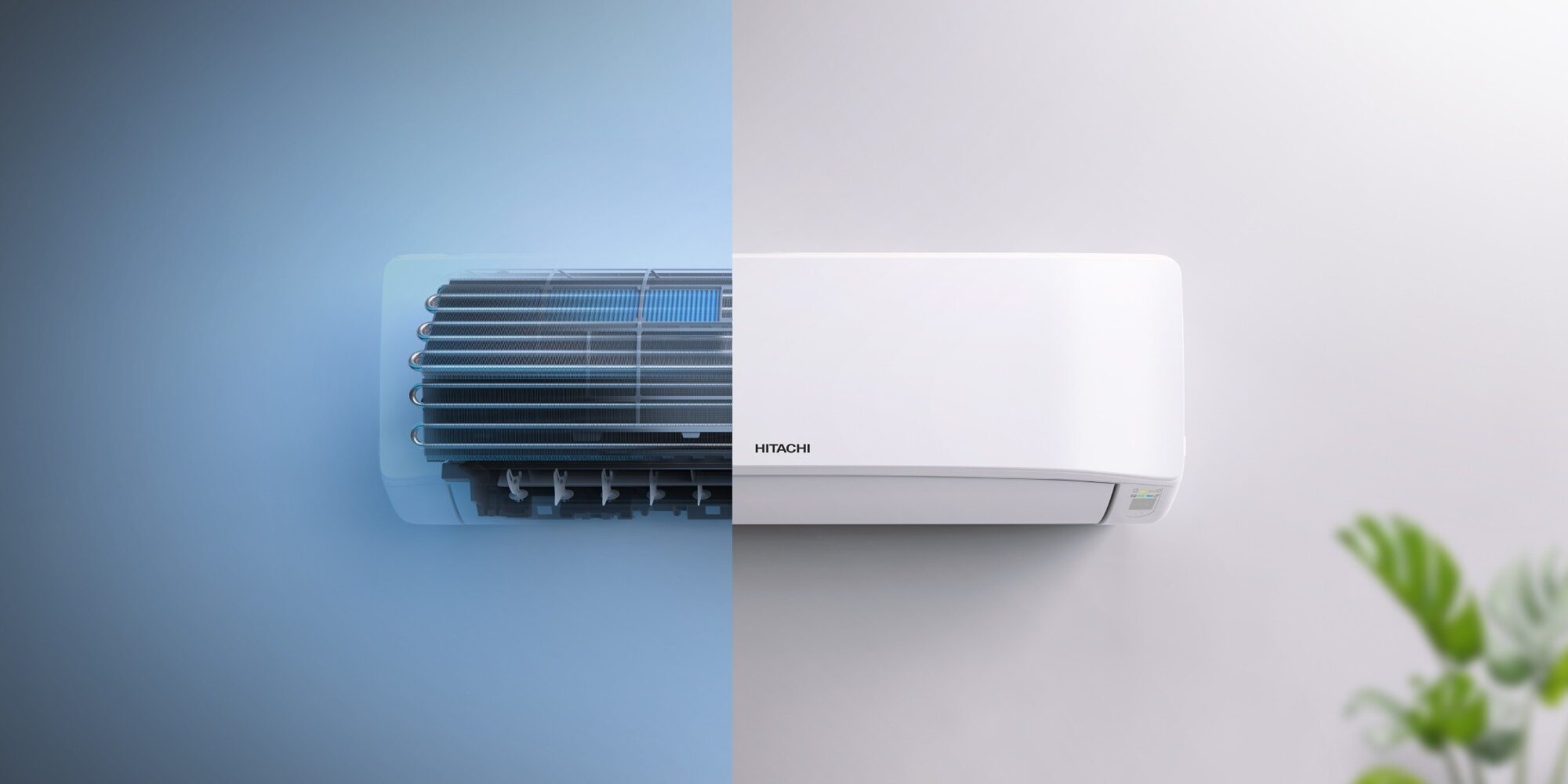

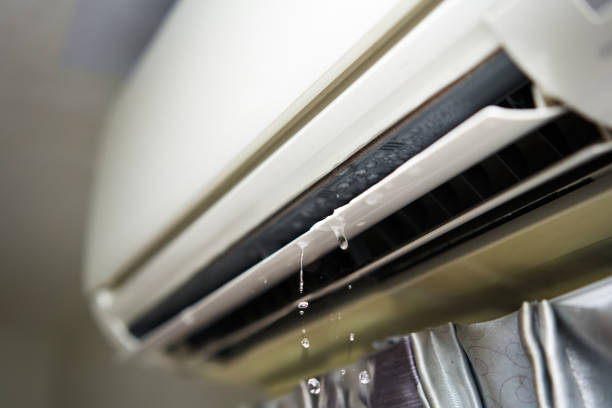
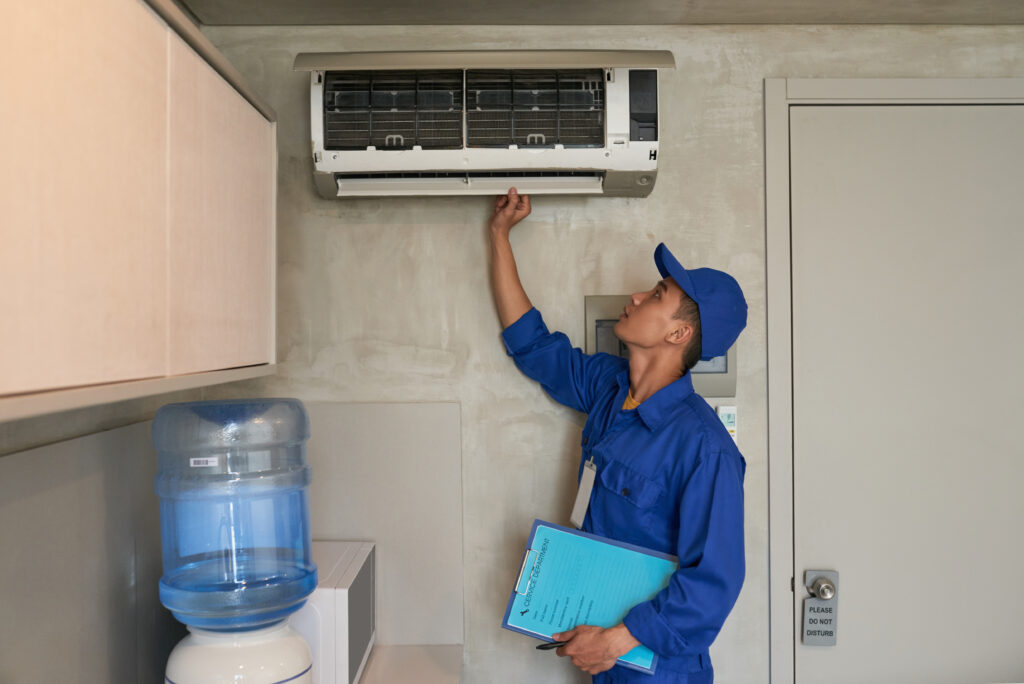

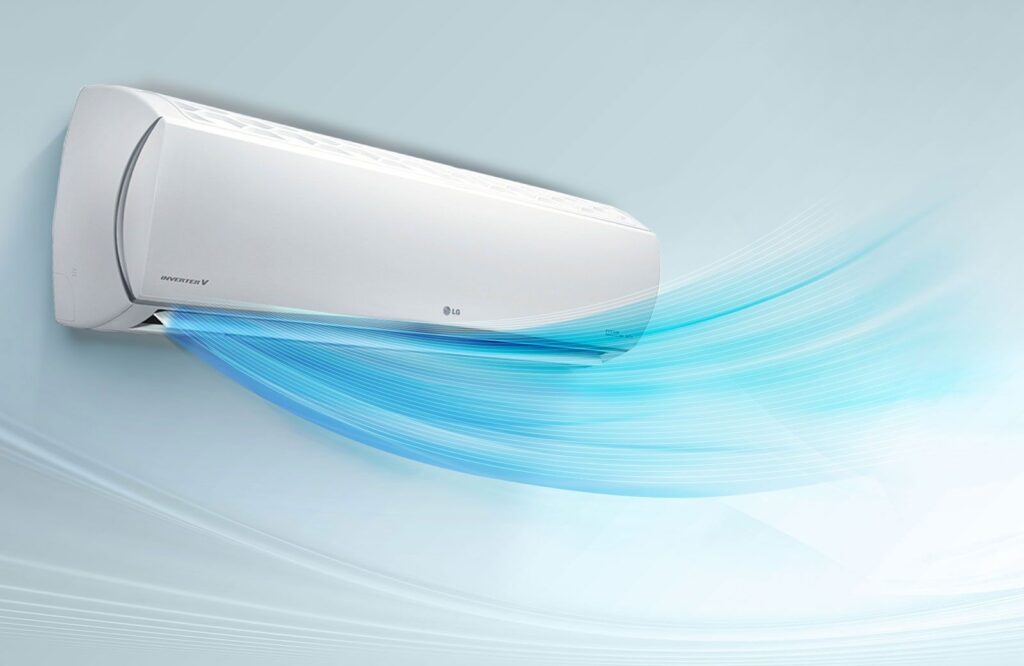
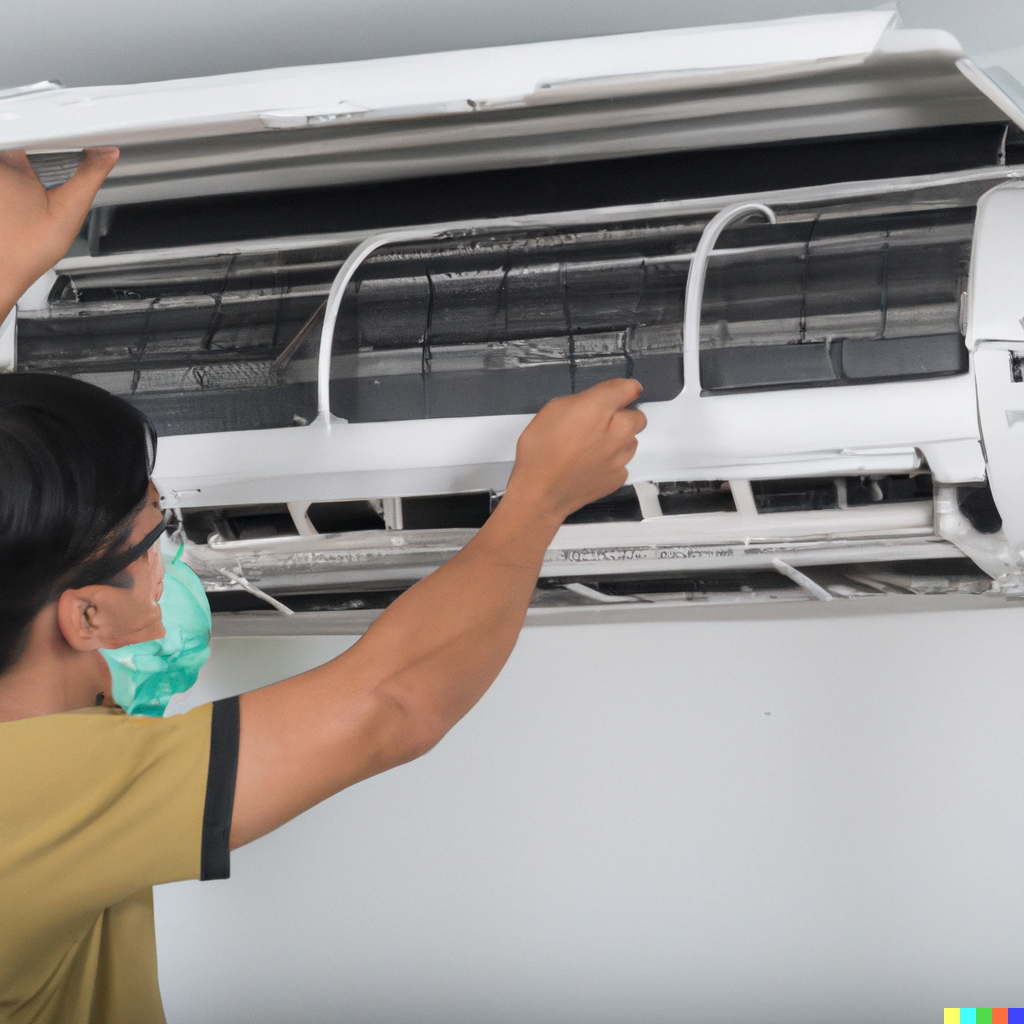

You must be logged in to post a comment.